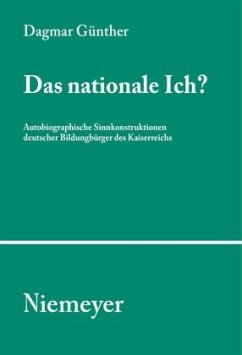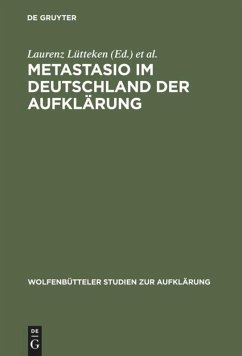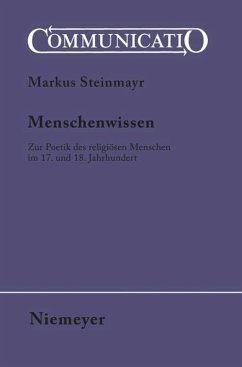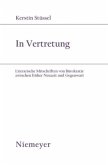Bürgerlichkeit and Bürger are central concepts in (German) literary history. The emancipation of the Bürgertum (bourgeoisie/middle classes) in the modern age has in fact been identified as the prime source of the profound cultural and socio-structural changes taking place in the 18th century. However, close scrutiny of the historical circumstances has split up the apparently close-knit concept of the Bürger into a diversity of semantic and socio-structural components that appear to be anything but unified. Accordingly, traditional models operative in literary history and sociology need to be thoroughly reviewed and revised.
Bürgerlichkeit und Bürger sind zentrale Konzepte der Literaturgeschichte. Die tiefgreifenden kulturellen und sozialstrukturellen Veränderungen des 18. Jahrhunderts sind auf die Emanzipation des neuzeitlichen Bürgertums zurückgeführt worden. Die Untersuchung der historischen Verhältnisse hat jedoch den so kompakt scheinenden Begriff des Bürgers in eine semantische wie sozialstrukturelle Vielfalt aufgelöst, deren Einheit mehr denn je fraglich ist. Die gängigen literarhistorischen und soziologischen Modelle bedürfen daher einer grundlegenden Revision.
Bürgerlichkeit und Bürger sind zentrale Konzepte der Literaturgeschichte. Die tiefgreifenden kulturellen und sozialstrukturellen Veränderungen des 18. Jahrhunderts sind auf die Emanzipation des neuzeitlichen Bürgertums zurückgeführt worden. Die Untersuchung der historischen Verhältnisse hat jedoch den so kompakt scheinenden Begriff des Bürgers in eine semantische wie sozialstrukturelle Vielfalt aufgelöst, deren Einheit mehr denn je fraglich ist. Die gängigen literarhistorischen und soziologischen Modelle bedürfen daher einer grundlegenden Revision.
"Der Band bietet durch diese Verbindung von Sozialgeschichte mit kulturgeschichtlichen Fragestellungen insgesamt fruchtbare Ansätze, die nicht nur die Diskussion um einen alten Begriff neu beleben könnten, sondern auch die Diskussion um eine mancherorts für überholt geltende Methode."
Dirk Hempel in: Das Achtzehnte Jahrhundert 2/2008
Dirk Hempel in: Das Achtzehnte Jahrhundert 2/2008








